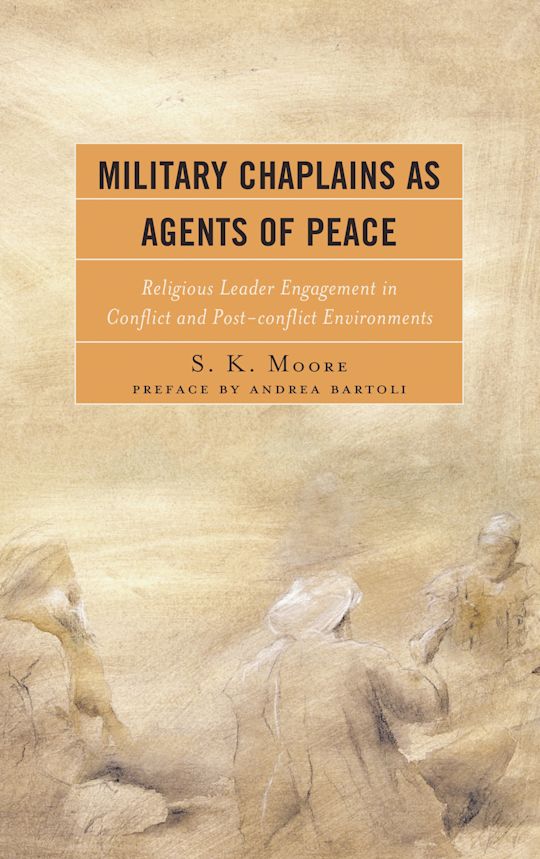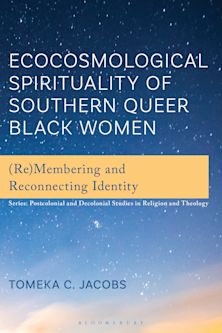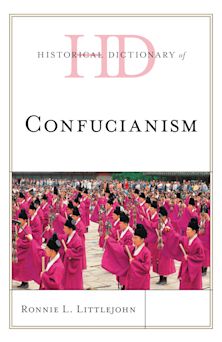Military Chaplains as Agents of Peace
Religious Leader Engagement in Conflict and Post-Conflict Environments
Military Chaplains as Agents of Peace
Religious Leader Engagement in Conflict and Post-Conflict Environments
This product is usually dispatched within 3 days
- Delivery and returns info
-
Free US delivery on orders $35 or over
Description
Globally, where faith and political processes share the public space with indigenous populations, religious leaders of tolerant voice, who desire to transcend the conflict that often divides their peoples, are coming forward. Affirming and enabling these leaders is increasingly becoming the focus of the reconciliation efforts of peace builders, both internally and externally to existing conflict.
By way of theoretical analysis and documented case studies from a number of countries, Military Chaplains as Agents of Peace considers Religious Leader Engagement (RLE) as an emerging domain that advances the cause of reconciliation via the religious peace building of chaplains: A construct that may be generalized to expeditionary, humanitarian, and domestic operational contexts. An overview of the benefits and limitations of RLE is offered and accompanied by a candid discussion of a number of the more perplexing questions related to such operational ministry: Influence Activities, Information Gathering for Intelligence Purposes, and the Protected (Non-Combatant) Status of Chaplains.
Table of Contents
Chapter One: Introduction
Chapter Two: Theory and Praxis
Chapter Three: The Role of Religion in Conflict and Peacebuilding
Chapter Four: Religious Leader Engagement-An Emerging Role for Operational Chaplains
Part II. Case Studies from the International Military Chaplaincy Community
Chapter Five: Canada in Bosnia and Afghanistan: An Interfaith Celebration for Peace in a Theater of War (1994)
Whole of Government Partners: The Ulema Shura (2006-07)
Chapter Six: France in Kosovo: Breaking Bread Together and Building Trust: An Apology (2005-
06)
Chapter Seven: The United States in Iraq: An Integrated Approach to Forging Inter-religious Alliances: The Baghdad Accords (2007-2008)
Chapter Eight: New Zealand and Norway in Afghanistan: Additional Perspectives on Religious Leader Engagement: A Reconstruction Role (2009-10) and Specialist Considerations (2007)
Chapter Nine: The Religious Directors of the Bosnia-Herzegovina
Product details
| Published | Jul 25 2014 |
|---|---|
| Format | Paperback |
| Edition | 1st |
| Extent | 338 |
| ISBN | 9780739197714 |
| Imprint | Lexington Books |
| Illustrations | 18 b/w illustrations; 3 tables; |
| Dimensions | 9 x 6 inches |
| Publisher | Bloomsbury Publishing |
Reviews

ONLINE RESOURCES
Bloomsbury Collections
This book is available on Bloomsbury Collections where your library has access.


































